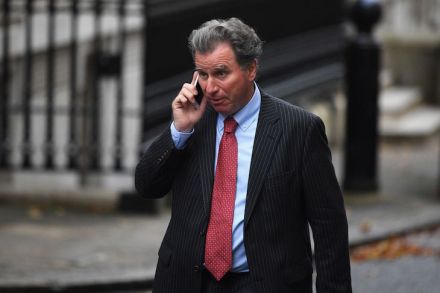David Cameron has helped Theresa May – even if he didn’t mean to
David Cameron has been widely blamed for the Conservatives’ current predicament, but in one sense he has saved the party – if inadvertently. It is thanks to his drive for younger candidates that Theresa May’s government has avoided succumbing to a no-confidence vote. May does not have a majority, and relied on DUP votes to help her survive a no-confidence vote last month. Yet even DUP votes would not be enough to save her were she losing her own MPs at the rate John Major did in the mid 1990s. In 1992, Major was elected with a seemingly healthy majority of 21. Yet over the course of the following five





















